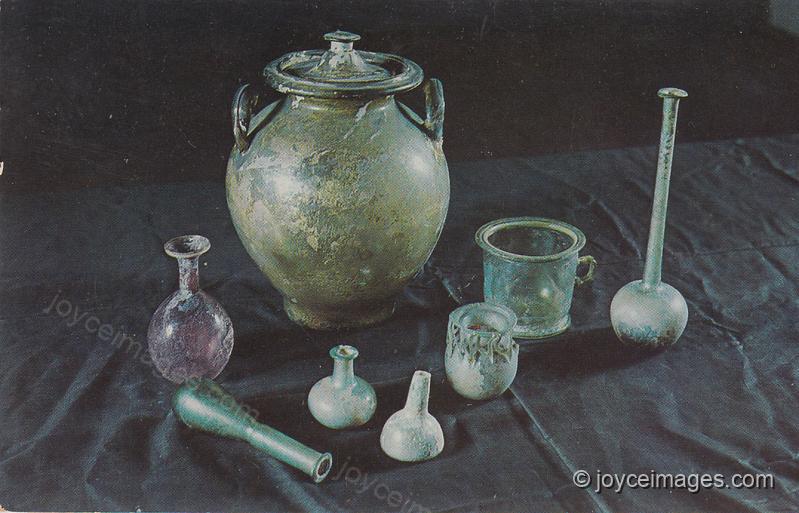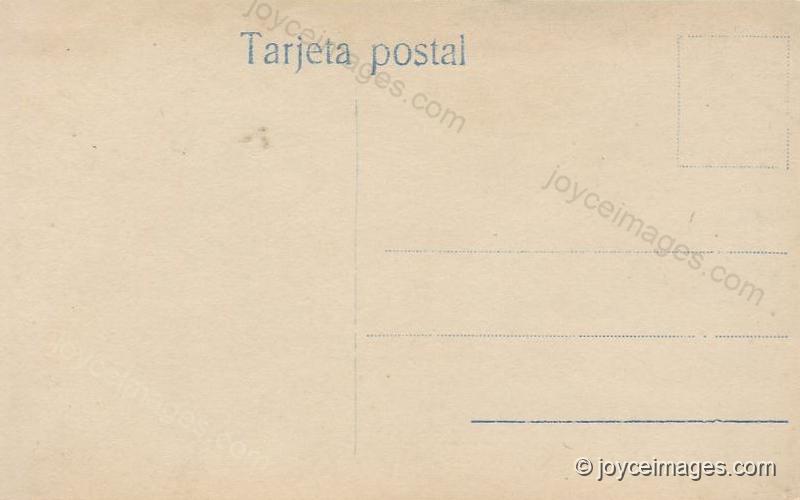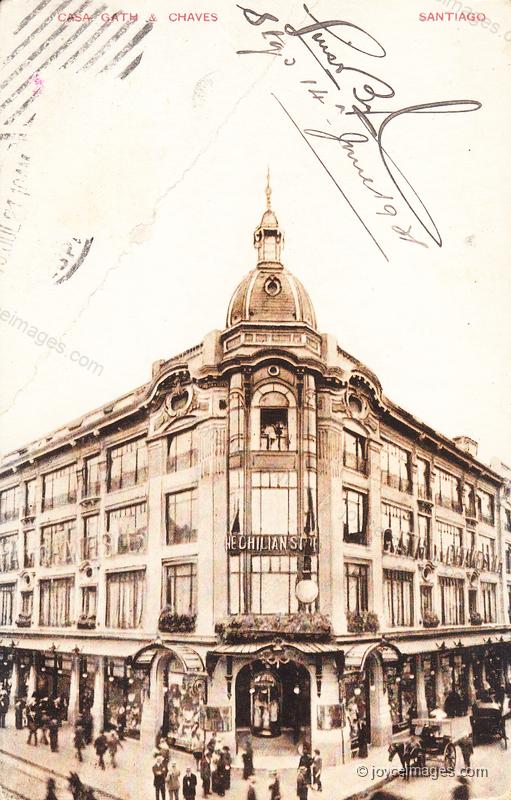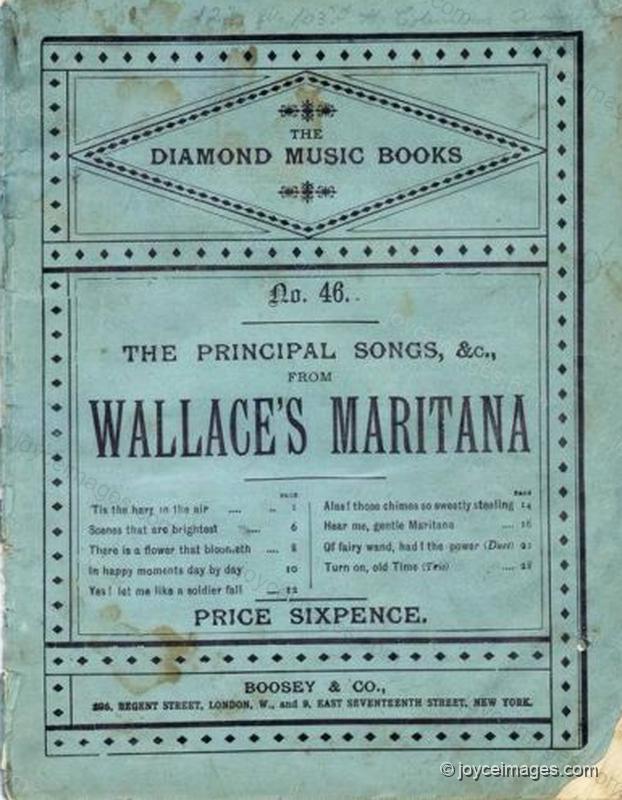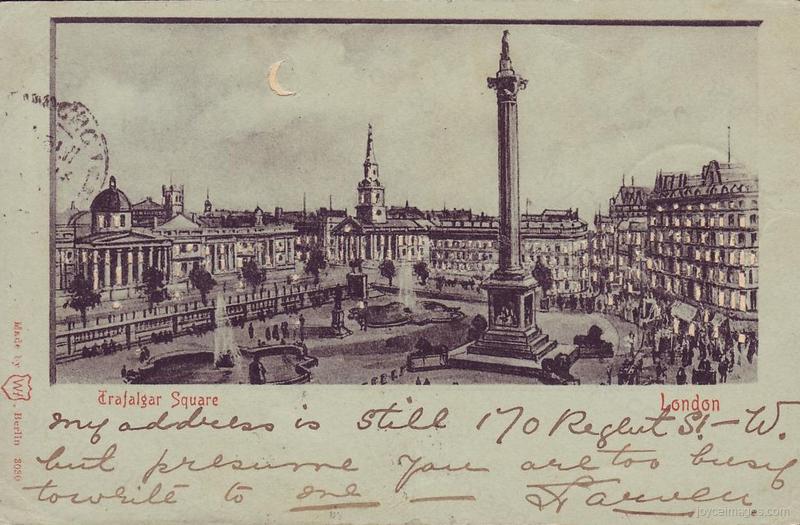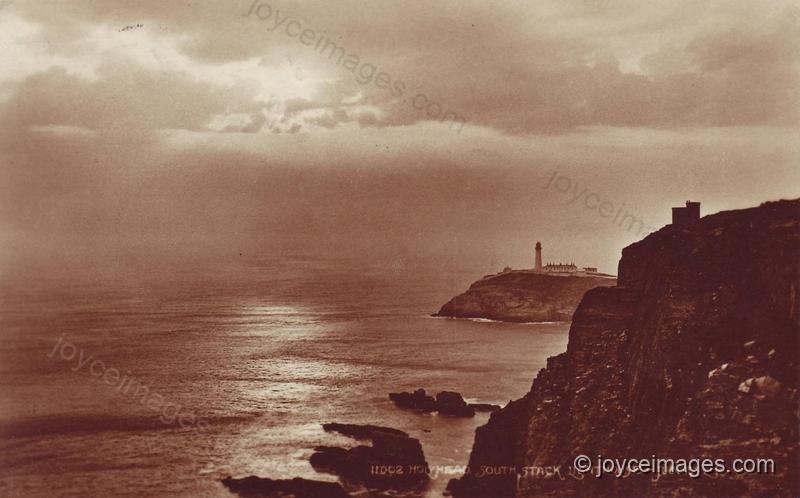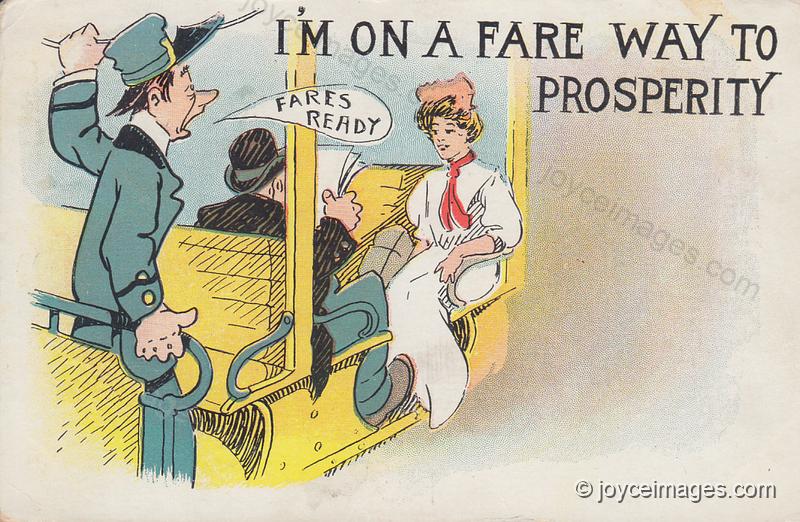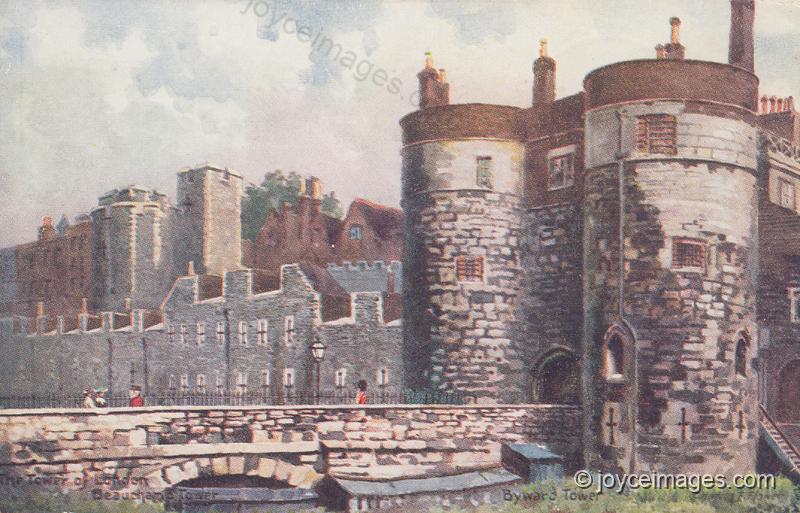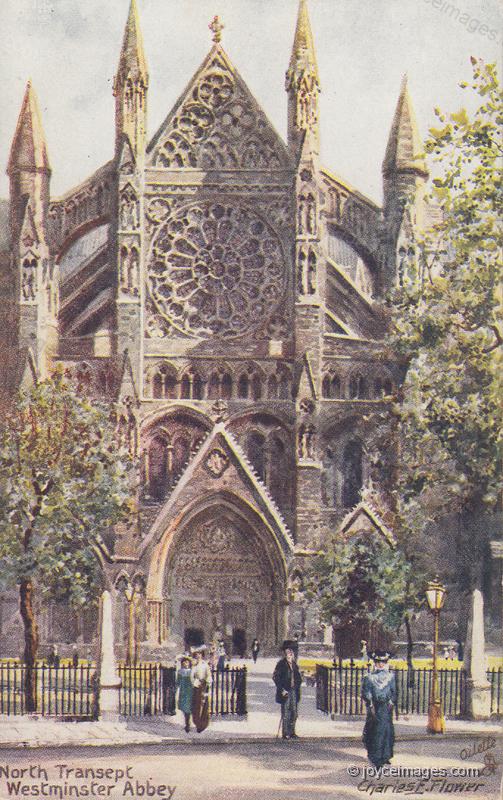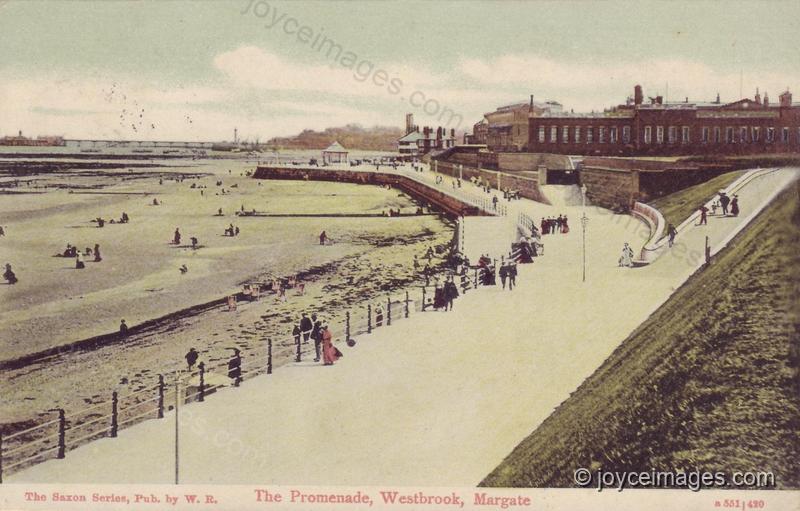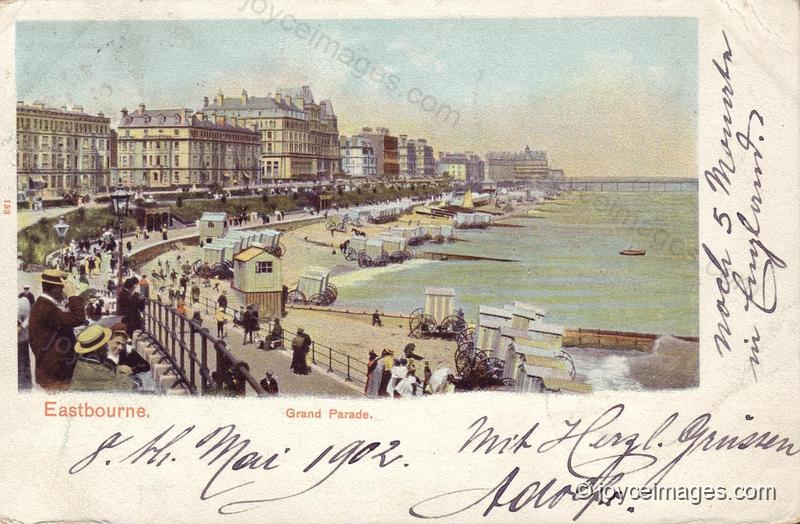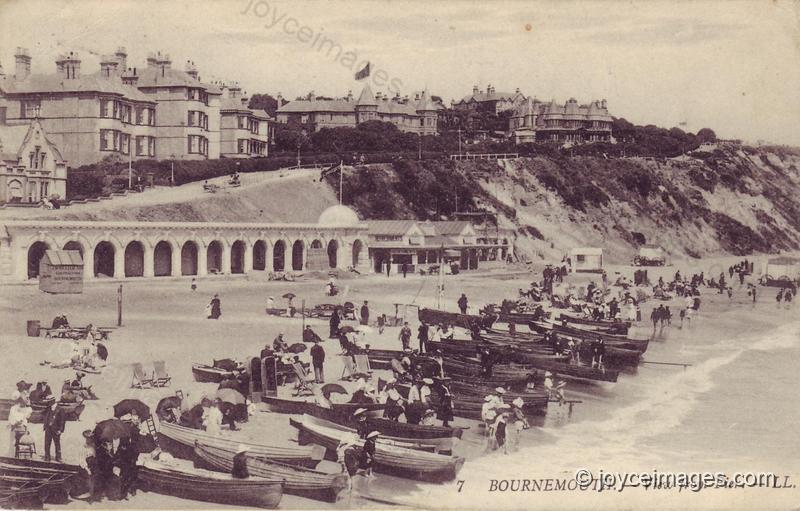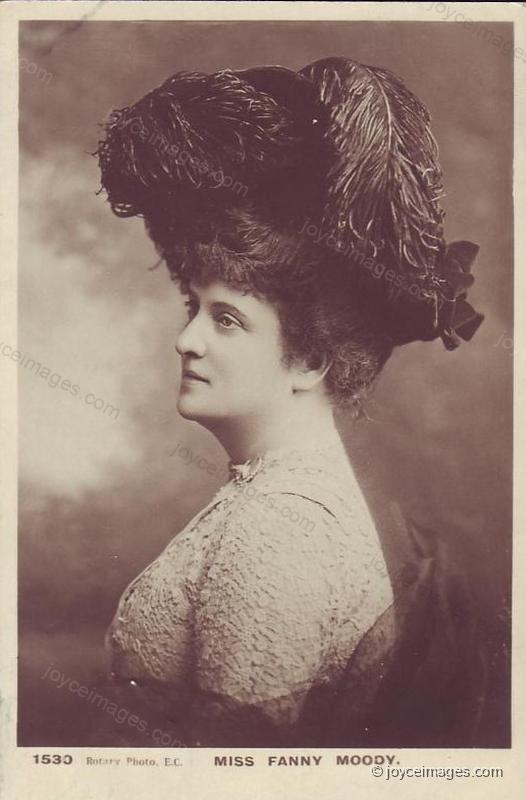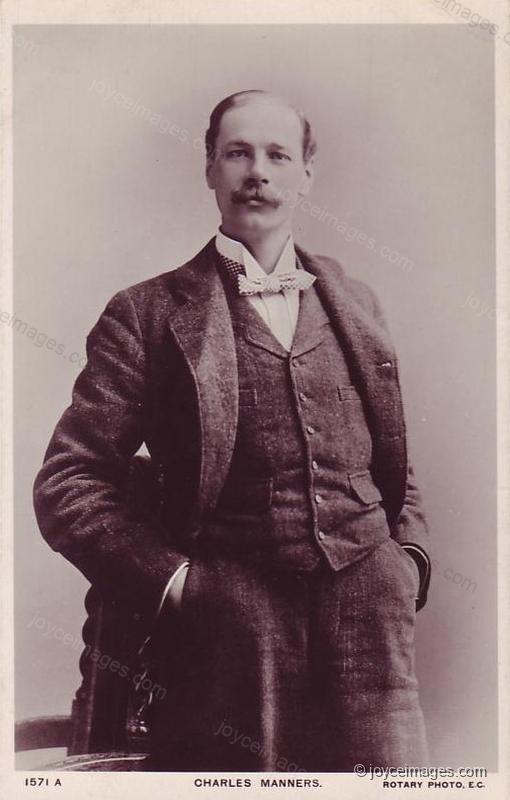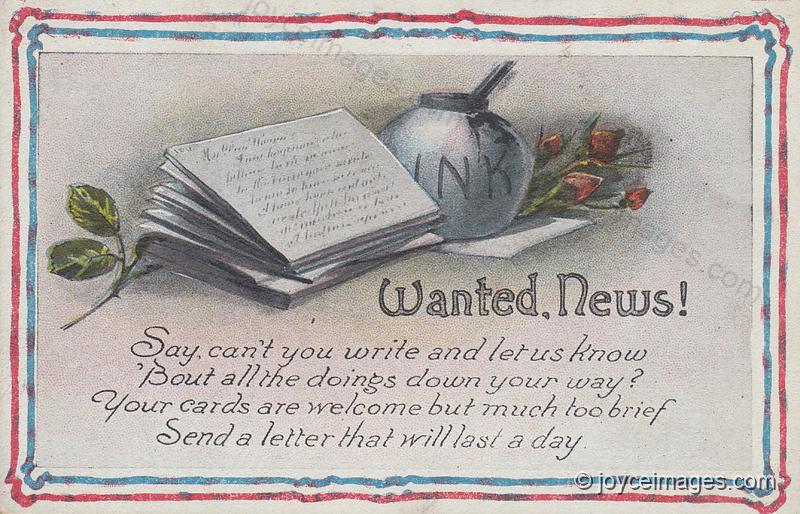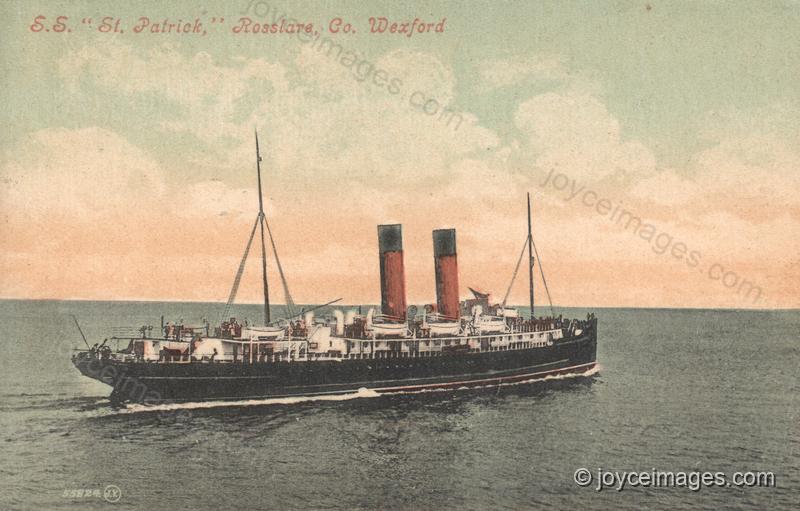"— Know how to keep them off? he inquired generally.
Nobody volunteering a statement he winked, saying:
— Glass. That boggles 'em. Glass." (U16.484)
Nobody volunteering a statement he winked, saying:
— Glass. That boggles 'em. Glass." (U16.484)
"Mr Bloom, without evincing surprise, unostentatiously turned over the card to peruse the partially obliterated address and postmark. It ran as follows: Tarjeta Postal, Senor A Boudin," (U16.487)
"Galeria Becche, Santiago, Chile.
There was no message evidently, as he took particular notice." (U16.489)
There was no message evidently, as he took particular notice." (U16.489)
"Though not an implicit believer in the lurid story narrated (or the eggsniping transaction for that matter despite William Tell and the Lazarillo-Don Cesar de Bazan incident depicted in Maritana on which occasion the former's ball passed through the latter's hat) having detected a discrepancy between his name (assuming he was the person he represented himself to be and not sailing under false colours after having boxed the compass on the strict q.t. somewhere) and the fictitious addressee of the missive which made him nourish some suspicions of our friend's bona fides" (U16.491)
"nevertheless it reminded him in a way of a longcherished plan he meant to one day realise some Wednesday or Saturday of travelling to London via long sea" (U16.499)
"not to say that he had ever travelled extensively to any great extent but he was at heart a born adventurer though by a trick of fate he had consistently remained a landlubber except you call going to Holyhead which was his longest.
Martin Cunningham frequently said he would work a pass through Egan but some deuced hitch or other eternally cropped up with the net result that the scheme fell through. But even suppose it did come to planking down the needful and breaking Boyd's heart" (U16.501)
Martin Cunningham frequently said he would work a pass through Egan but some deuced hitch or other eternally cropped up with the net result that the scheme fell through. But even suppose it did come to planking down the needful and breaking Boyd's heart" (U16.501)
"it was not so dear, purse permitting, a few guineas at the outside considering the fare to Mullingar where he figured on going was five and six, there and back. The trip would benefit health on account of the bracing ozone and be in every way thoroughly pleasurable, especially for a chap whose liver was out of order, seeing the different places along the route, Plymouth, Falmouth, Southampton and so on" (U16.507)
"culminating in an instructive tour of the sights of the great metropolis, the spectacle of our modern Babylon where doubtless he would see the greatest improvement, tower," (U16.513)
"abbey, wealth of Park lane to renew acquaintance with. Another thing just struck him as a by no means bad notion was he might have a gaze around on the spot to see about trying to make arrangements about a concert tour of summer music embracing the most prominent pleasure resorts," (U16.515)
"Scarborough, Margate and so on, beautiful Bournemouth, the Channel islands and similar bijou spots, which might prove highly remunerative. Not, of course, with a hole and corner scratch company or local ladies on the job, witness Mrs C P M'Coy type lend me your valise and I'll post you the ticket." (U16.520)
"No, something top notch, an all star Irish cast, the Tweedy-Flower grand opera company with his own legal consort as leading lady as a sort of counterblast to the Elster Grimes and Moody-Manners, perfectly simple matter and he was quite sanguine of success, providing puffs in the local papers could be managed by some fellow with a bit of bounce who could pull the indispensable wires and thus combine business with pleasure. But who? That was the rub." (U16.524)
Fanny Moody (1866 - 1945) was a soprano opera singer, born in Redruth, Cornwall in a musical family (her sisters Lily and Hilda Moody were also opera singers). She made her debut as Arline in 'The Bohemian Girl' with the Carl Rosa Opera Co (1887) and stayed with the company until 1890; she then sang under Augustus Harris at Covent Garden and Drury Lane (1890-94). Her roles included Eileen in 'The Lily of Killarney', Micaela in 'Carmen", Marguerite in 'Faust', as well as leading roles in 'La Juive', 'I Puritani' and several Wagner operas.
Fanny Moody (1866 - 1945) was a soprano opera singer, born in Redruth, Cornwall in a musical family (her sisters Lily and Hilda Moody were also opera singers). She made her debut as Arline in 'The Bohemian Girl' with the Carl Rosa Opera Co (1887) and stayed with the company until 1890; she then sang under Augustus Harris at Covent Garden and Drury Lane (1890-94). Her roles included Eileen in 'The Lily of Killarney', Micaela in 'Carmen", Marguerite in 'Faust', as well as leading roles in 'La Juive', 'I Puritani' and several Wagner operas.
Charles Manners (1857 - 1935) was a bass opera singer. His real name was Southcote Mansergh. He was born in London, son of Colonel Mansergh, an Irishman. He studied music with Dr. O'Donogue in Dublin, the Royal Academy of Music in London, and in Italy. He sang with the D'Oyly Carte organization in 1882, advancing from a member of the chorus, to creating the part of Private Willis in 'Iolanthe' at the Savoy. In 1883, he left the D'Oyly Carte and the Savoy. He was principal bass with the Carl Rosa Opera Company for two years, then spent four years at Covent Garden. His Covent Garden debut was as Bertramo in 'Roberto il Diavolo' (1890), opposite Fanny Moody.
Moody and Manners married in 1890. The couple appeared together in the London premiere of Tchaikovsky's 'Eugene Onegin' (Olympic Theatre, 1892). They formed a concert party that later became the Moody-Manners Opera Company (1894), thereafter split into A and B. They toured Canada and South Africa (1896-97) and extensively in the British provinces and Ireland. Manners performed in the Company and served as its managing director. The Moody-Manners A Company was for some time the largest opera company ever to tour in Great Britain. The Moody-Manners Companies were disbanded before World War I.
Moody and Manners married in 1890. The couple appeared together in the London premiere of Tchaikovsky's 'Eugene Onegin' (Olympic Theatre, 1892). They formed a concert party that later became the Moody-Manners Opera Company (1894), thereafter split into A and B. They toured Canada and South Africa (1896-97) and extensively in the British provinces and Ireland. Manners performed in the Company and served as its managing director. The Moody-Manners A Company was for some time the largest opera company ever to tour in Great Britain. The Moody-Manners Companies were disbanded before World War I.
"providing puffs in the local papers could be managed by some fellow with a bit of bounce who could pull the indispensable wires and thus combine business with pleasure. But who? That was the rub." (U16.528)
